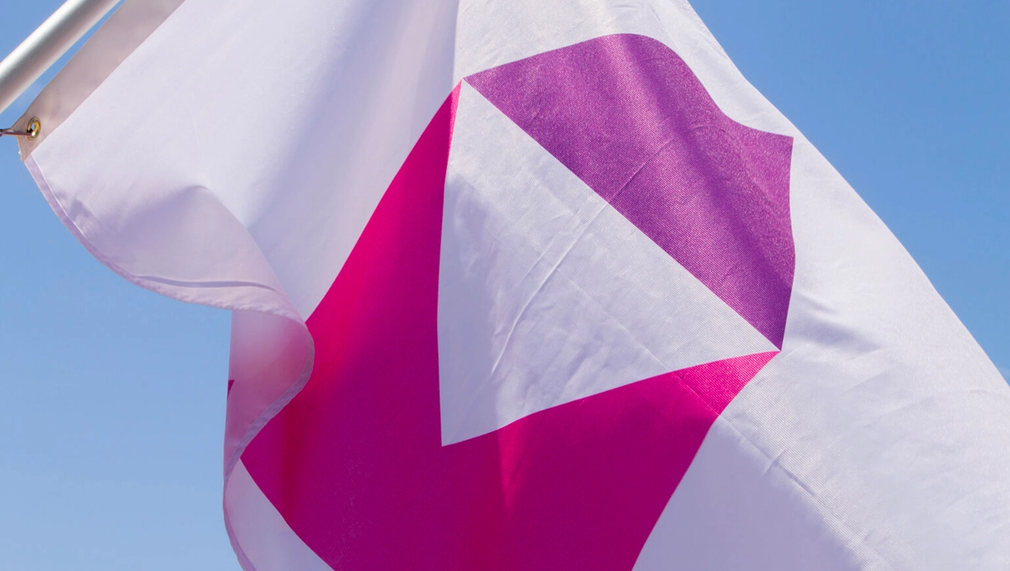Magenta House
Magenta House provides project-centered learning for middle school students, giving them the tools they need to create the future they hope to inhabit. The program engages them in developing innovative water and power sustainability solutions for real-world challenges where they apply STEAM knowledge and learn project development skills. Student teams flag their work Magenta to signal a different kind of future – one that’s water-wise and power-conscious.

What is the primary issue area that your application will impact?
K-12 STEAM Education
In which areas of Los Angeles will you be directly working?
County of Los Angeles
City of Los Angeles
LAUSD (select only if you have a district-wide partnership or project)
In what stage of innovation is this project, program, or initiative?
Expand existing project, program, or initiative
What is your understanding of the issue that you are seeking to address?
When environmental and social problems become overwhelming, hope is threatened along with a spirit of can-do optimism. In response, education should empower youth, teaching knowledge and skills that can contribute to the common good. But where knowledge is siloed and learning passive, the empowering role of education withers, abstracted from real-world experience. Educational goals may be perceived as misaligned with a future students want to inhabit. Researchers report that almost 70% of students feel bored in school and 60% do not see value in what they are learning. In this environment, civic engagement itself can seem anachronistic. In contrast, project-driven learning crosses the barriers of academic disciplines to develop real-world solutions to the problems we face. STEAM knowledge within the context of project-based skills are far from irrelevant but deeply motivating and empowering.
Describe the project, program, or initiative this grant will support to address the issue.
Magenta House is a transdisciplinary, project-based program that connects learning with civic engagement. It fosters self-efficacy and joy for education, integrating formal subjects found in STEAM with non-academic skill development such as social entrepreneurship. It grounds an environment of hope in positive action. Magenta House unites a science fair-like showcase of civic engagement solutions for water and power sustainability with a full service accelerator program to help students do their best work, and includes: Magenta House Accelerator: offering a suite of LAUSD-tested project development tools and support, the Accelerator includes curricular resources, with teacher and student guides; a dedicated brainstorming event with legendary pros; a project management system to help students track projects; a mentorship program (includes narrative construction, impact assessment, and project pitching), and stipends for project development. The Magenta House Expo: a showcase event with a panel of judges, awards, prizes, and the opportunity to celebrate and share their projects with the broader community. Comprehensive learning resources: these include special, in-class presentations on LA water and power sustainability history and challenges; an interactive, educational pop-up structure, and a dedicated website (MagentaHouse.org) with comprehensive learning resources that serves as a hub of Magenta House activity.
Describe how Los Angeles County will be different if your work is successful.
Magenta House offers a new educational program that creates an environment of hope and can-do spirit for youth that’s focused on matters of great social and environmental importance for the place they live and call home. Our curricular resources have been developed and prototyped within LAUSD in collaboration with LADWP, the LA Cleantech Incubator, and the office of LA City Councilmember Paul Koretz. The program is now ready to be rolled out through the school District and beyond to offer administrators and teachers a framework for uniting knowledge with civic engagement to address Countywide goals. We expect to enroll 20-30 classes in the Magenta House program; involving 30-45 teachers and administrators; supporting some 50 project teams, expecting a total involvement of some 350 students representing approx.10,000 hours of learning time. Ultimately, the program will impact LA by transforming schools into incubators for engaged youth.
What evidence do you have that this project, program, or initiative is or will be successful, and how will you define and measure success?
We are seeking support for early-stage implementation after a highly successful, one-year prototype period. Ultimately, we are interested in how the program develops self-efficacy in students, its effects on behavior change for sustainability, its role and effectiveness within overall curricula, and broader effects in the community. Quantitative assessment includes: number and diversity of participating schools and students; number of student hours in the program; and the percentage of returning participants. Qualitative assessment includes quality of student projects and surveyed comments from participants and community members. In our pilot, students and teachers spent over 2,800 hours on our educational goals. Over 80 students participated, accelerating 9 projects. One hundred per cent of pilot schools have committed to join Magenta House 2022-23. Over a dozen new administrators and teachers have expressed interest in participating. An MOU with LAUSD signals support for our work.
Approximately how many people will be impacted by this project, program, or initiative?
Direct Impact: 350
Indirect Impact: 26,750